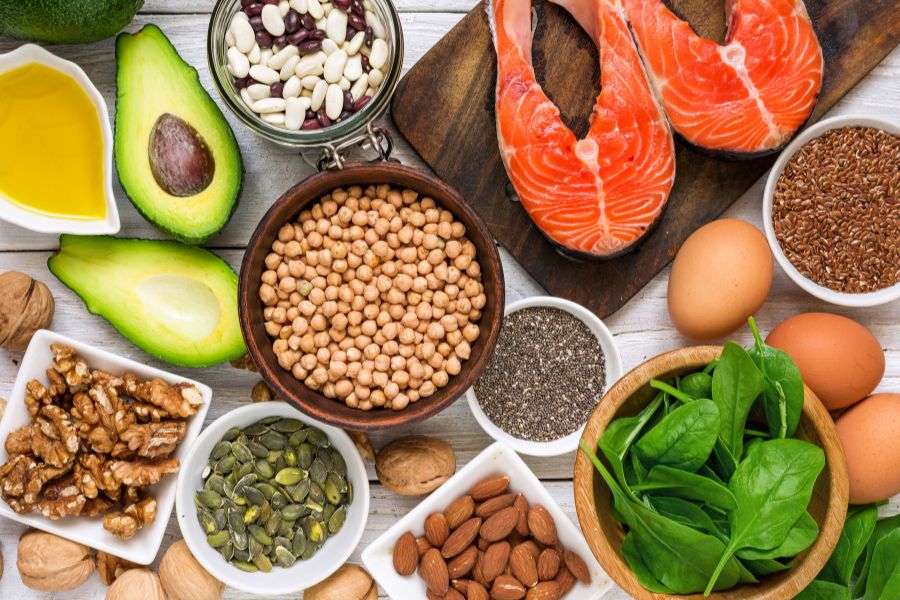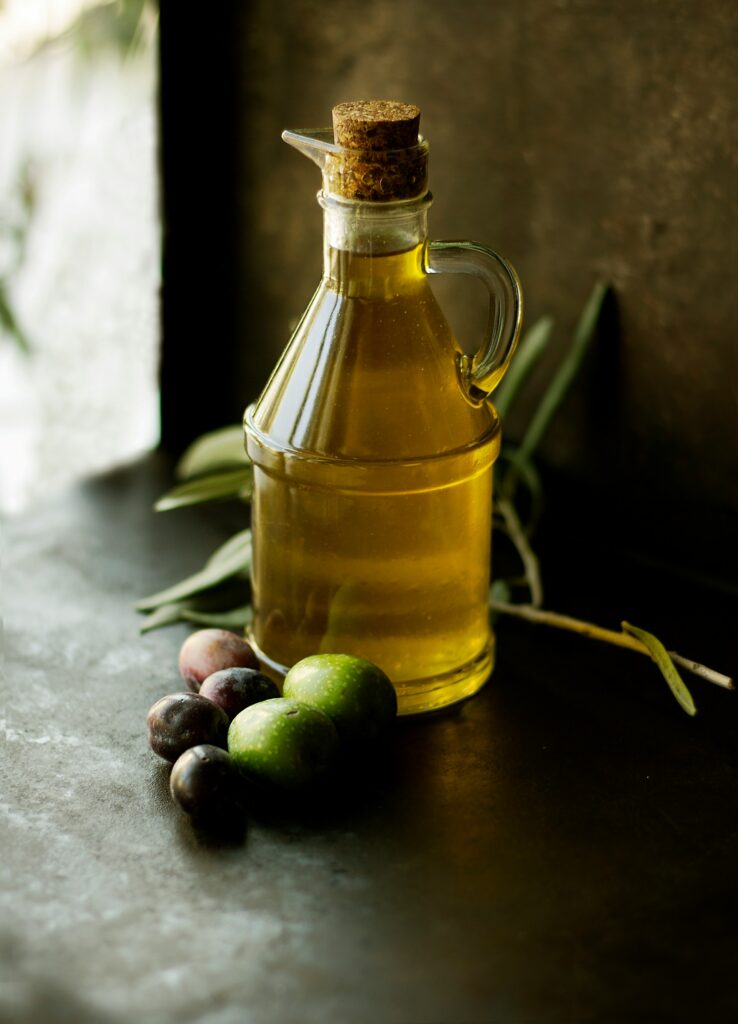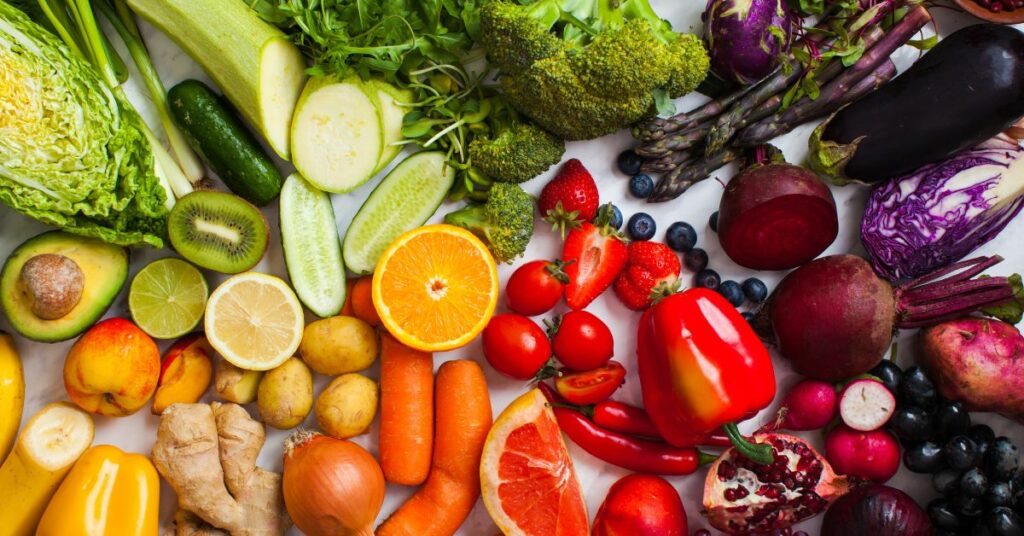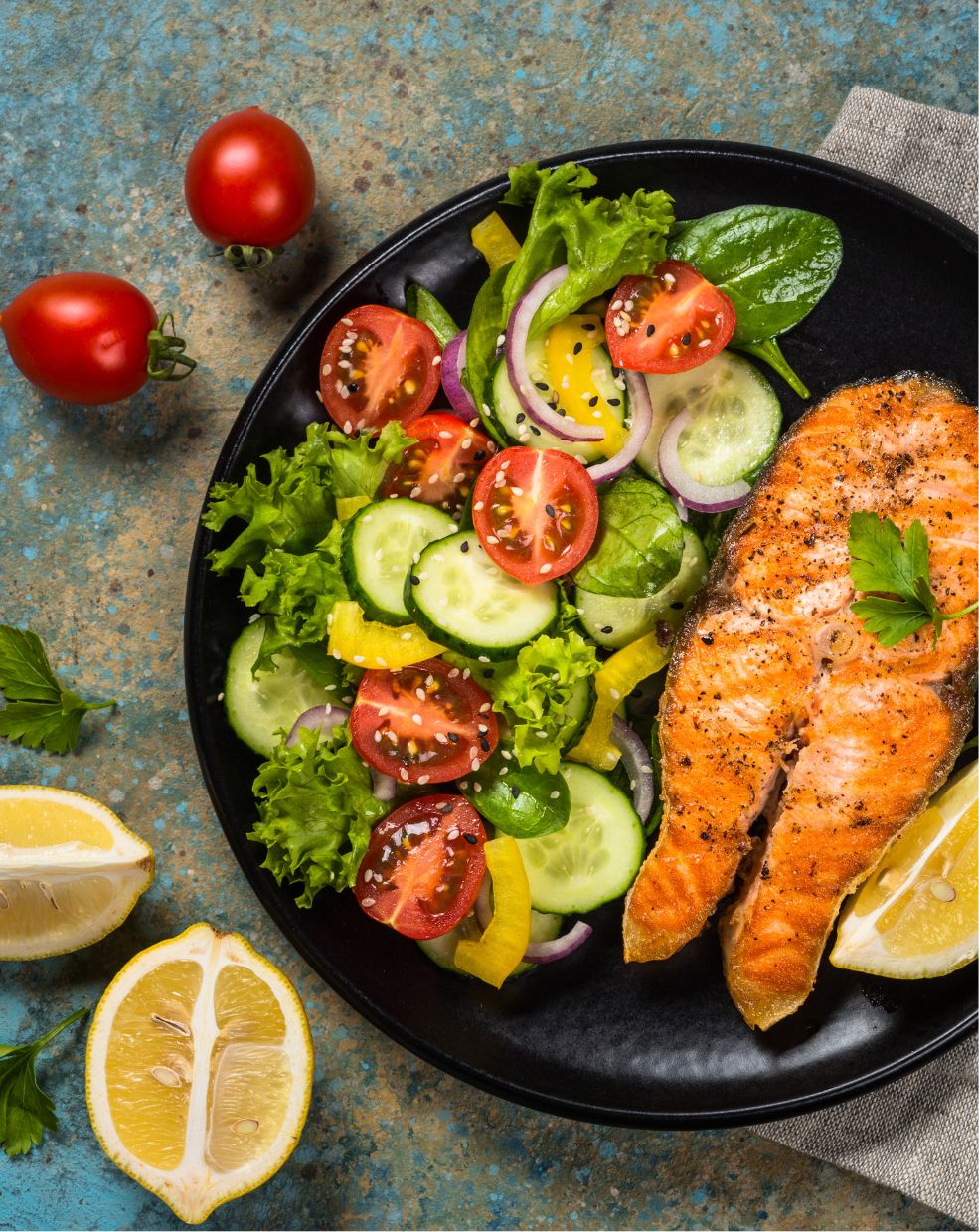Breast cancer affects millions of women globally, making it one of the most common cancers. While treatments continue to improve, diet plays a critical role in both preventing and managing breast cancer. The Mediterranean Diet has gained attention for its potential benefits in both prevention and treatment of breast cancer.
Known for its plant-rich diversity of fruits, vegetables, whole grains, and healthy fats, this diet has been linked to lower cancer risk and better survival rates. Recently, researchers have focused on functional foods within the Mediterranean Diet. These foods contain bioactive compounds such as antioxidants, polyphenols, and omega-3 fatty acids, which may offer additional benefits for breast cancer patients.
Key Components of the Mediterranean Diet

The Mediterranean Diet is based on traditional eating habits from countries like Greece and Italy. The key components include:
- High intake of fruits, vegetables, whole grains, legumes, and nuts.
- Olive oil as the main source of fat.
- Moderate consumption of fish.
- Limited or minimal intake of red meat and processed foods.
Research shows that following the Mediterranean Diet can reduce cancer risk, improve survival, and enhance quality of life. The diet’s anti-inflammatory and antioxidant properties help combat the chronic inflammation and oxidative stress linked to cancer progression.
Nutraceutical Foods and Their Role in Cancer Prevention
Functional and nutraceutical foods provide health benefits beyond basic nutrition. They are rich in vitamins, minerals, polyphenols, and omega-3 fatty acids, all of which promote health. Including these foods in the Mediterranean Diet may offer extra protection against breast cancer by reducing inflammation and neutralizing oxidative stress.
A 2023 study highlights several nutraceuticals—omega-3 fatty acids, curcumin, resveratrol, and polyphenols which positively impact cancer pathways, especially those related to inflammation and oxidative stress.
Polyphenols from Olive Oil and Their Cancer-Fighting Properties

Extra virgin olive oil (EVOO) is a key part of the Mediterranean Diet. It contains polyphenols like hydroxytyrosol and oleocanthal, which have strong antioxidant and anti-inflammatory properties. Research shows these compounds reduce inflammation and lower the risk of cancer recurrence. They also slow down cancer cell growth and promote cancer cell death (apoptosis).
Omega-3 Fatty Acids: Reducing Inflammation and Cancer Risk
Omega-3 fatty acids, found in fatty fish like wild-caught salmon, are known for their anti-inflammatory effects. These healthy fats help reduce inflammation and inhibit cancer cell growth. Studies suggest that omega-3s can also decrease cancer metastasis and promote cancer cell death.
Flavonoids in Fruits and Vegetables for Cancer Prevention

Fruits and vegetables in the Mediterranean Diet are packed with flavonoids, which are potent antioxidants. These compounds help neutralize free radicals that can damage DNA and lead to cancer growth. Quercetin, found in apples and onions, and anthocyanins, found in berries, are known to reduce oxidative stress and inhibit cancer cell growth.
The Benefits of Curcumin in Breast Cancer Management
Curcumin, the active compound in turmeric, is widely recognized for its anti-cancer properties. It helps regulate pathways involved in cancer cell growth, the formation of new blood vessels that feed tumors, and metastasis. When curcumin is combined with the Mediterranean Diet, studies suggest it can significantly reduce cancer progression.
Curcumin’s Role in Triple-Negative Breast Cancer (TNBC)
A recent study found that curcumin, the active compound in turmeric, has great potential in fighting Triple-Negative Breast Cancer (TNBC) by targeting multiple pathways involved in cancer progression.
One key way curcumin works is by interfering with the process that allows cancer cells to spread. This process, called the epithelial-mesenchymal transition (EMT), is critical for cancer cells to invade other parts of the body. By reducing the activity of proteins in important signaling pathways, such as mTOR and PI3K-Akt, curcumin can slow the movement and spread of TNBC cells.
Research also shows that curcumin helps treat various types of tumors by influencing key cellular processes, including cell proliferation (the growth of new cancer cells), apoptosis (programmed cell death), the cell cycle (how cells grow and divide), and metastasis (the spread of cancer). By targeting these processes, curcumin may slow or even stop cancer progression.
In simpler terms, curcumin helps “turn off” the signals that tell cancer cells to spread, making it harder for the disease to advance.
How These Compounds Work to Treat Breast Cancer
Two major factors influence breast cancer progression: oxidative stress and chronic inflammation. Reactive oxygen species (ROS), byproducts of cellular metabolism, can damage DNA and trigger cancer growth, while inflammation creates an environment conducive to tumor development.
The bioactive compounds found in the Mediterranean Diet, including polyphenols, omega-3 fatty acids, and curcumin, work together to combat these processes. These compounds help neutralize ROS and reduce inflammation, making the body less favorable for cancer growth. They also regulate inflammatory markers like NF-kB, a key factor in cancer cell survival.
Whole Foods vs. Supplements
Although these bioactive compounds are powerful, it’s important to obtain them primarily from whole foods. Eating a variety of fruits, vegetables, fish, whole grains, and spices provides not only these beneficial compounds but also a wide range of nutrients that work together to promote health.
However, some patients may need supplements to achieve higher doses. If you’re considering supplements, it’s essential to consult with a dietitian experienced in supplementation. They can recommend the correct dosages, ensure supplement purity, and assess any potential interactions with other treatments.
Research on the Mediterranean Diet’s Benefits in Breast Cancer
Studies continue to support the benefits of the Mediterranean Diet, particularly when combined with functional and nutraceutical foods. In a recent study, researchers found that breast cancer patients who followed the diet, along with supplements like curcumin and omega-3s, had fewer cancer recurrences. These patients also showed improvements in markers of oxidative stress and inflammation.
One major study from the DIANA-5 trial looked at the impact of a diet based on Mediterranean and macrobiotic principles. This trial included over 1,500 women at high risk for breast cancer recurrence. While the trial didn’t conclusively show a reduction in recurrence for all participants, it did highlight that women who adhered more closely to the diet experienced a 41% lower risk of recurrence compared to those with lower adherence.
Additionally, another study from the EPIC cohort explored the effect of the Mediterranean Diet on breast cancer survival in over 13,000 women across Europe. It found that women who adhered more closely to the Mediterranean Diet had a reduced risk of overall mortality, especially among postmenopausal women.
While these studies emphasize the benefits of the Mediterranean Diet and suggest potential improvements in survival and recurrence rates, the specific combination of curcumin and omega-3 supplements still needs more direct, dedicated research.
Keep In Mind
The Mediterranean Diet has long been praised for its role in cancer prevention. It offers even more promise when combined with functional and nutraceutical foods. Olive oil, fish, fruits, vegetables, and spices provide powerful antioxidants and anti-inflammatory compounds that may help reduce cancer progression and recurrence.
For breast cancer patients, following this diet may improve prognosis, lower recurrence risk, and enhance overall well-being. While the evidence is encouraging, more research is needed to fully understand how these foods work together for long-term benefits.
Receiving personalized nutrition recommendations when undergoing cancer treatment is crucial, as different types of cancer may require a tailored approach for the most effective support. Looking for expert guidance? We’re here to help. Book a consultation today for a targeted nutrition plan designed to optimize your health and well-being.

